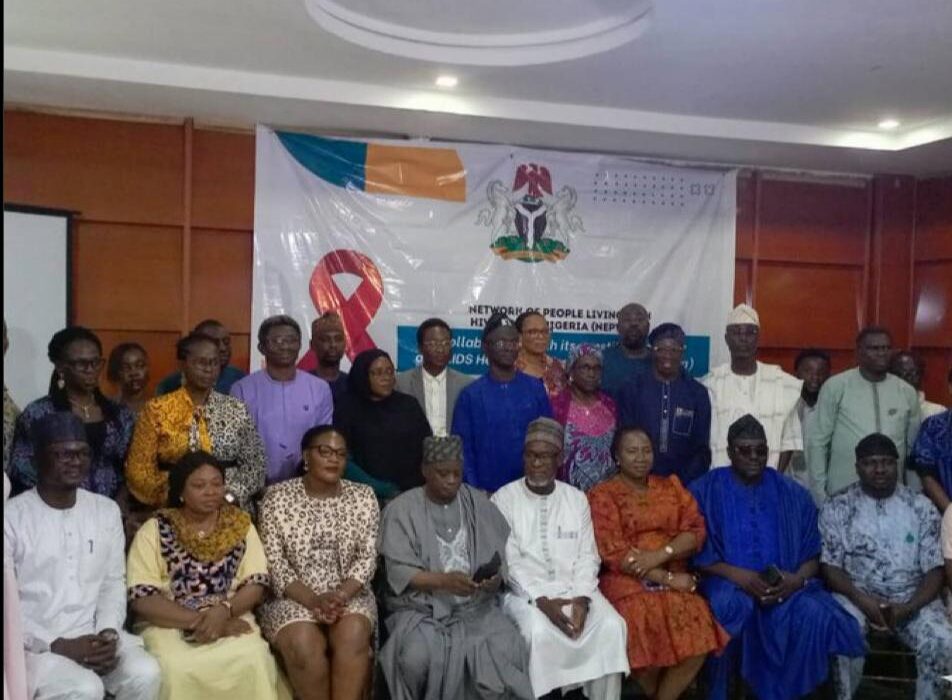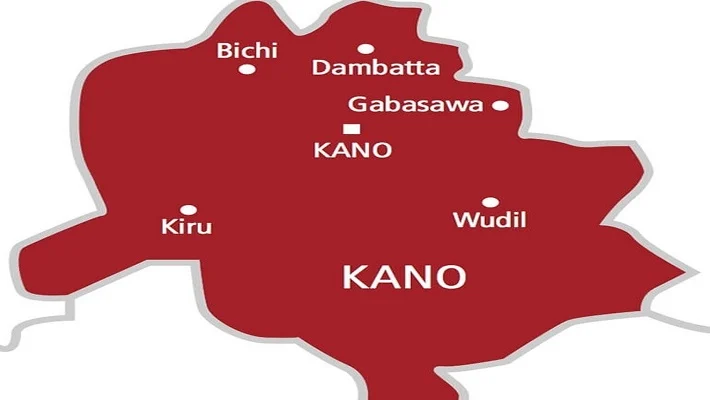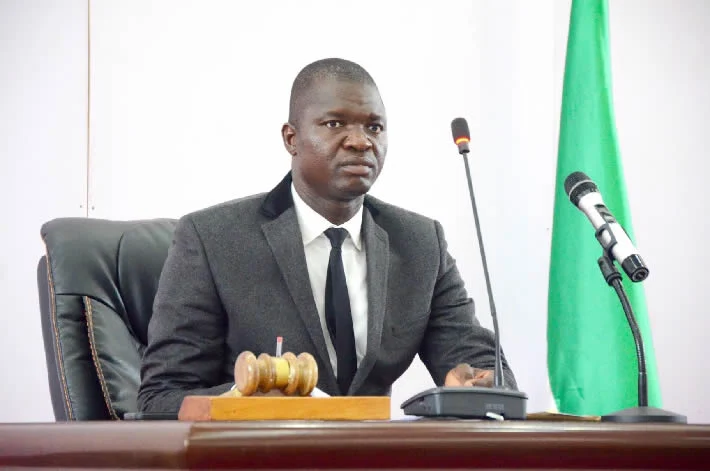Prioritise Domestic Financing for HIV, TB Response, Stakeholders Urge Nigeria

Health experts, civil society organisations, and development partners have renewed appeals for Nigeria to strengthen its domestic financing of HIV and tuberculosis (TB) programmes, stressing that over-reliance on donor support poses a major threat to the country’s health security.
At a gathering of stakeholders in Abuja, participants highlighted the urgent need for Nigeria to take greater ownership of its HIV and TB response.
They argued that while external support from partners such as the Global Fund has been critical, dwindling international resources and competing global health priorities mean that Nigeria must find sustainable ways to fund its programmes internally.
Figures presented at the forum revealed that Nigeria requires about US$404 million in 2025 to effectively implement its TB response plan. However, available funding stands at only US$89 million from the Global Fund, leaving a shortfall of more than US$300 million.
Health advocates warned that unless domestic financing is scaled up, the country could face widespread service disruptions, including shortages of testing kits, delays in treatment, and a possible surge in drug-resistant TB cases.
On HIV response, government interventions have provided temporary relief. Earlier this year, the Federal Executive Council approved N4.8 billion for the procurement of 150,000 packs of antiretroviral therapy to prevent treatment interruptions for patients.
While this intervention was commended, stakeholders noted that such emergency measures are insufficient to address long-term needs and called for institutionalised financing systems. Stakeholders proposed several strategies to close the gap.
These include the establishment of a national AIDS and TB Trust Fund, stronger budgetary commitments at both federal and state levels, and the engagement of the private sector in co-financing health responses.
They also called for improved accountability mechanisms, including budget tagging and community-led monitoring, to ensure transparency and efficient use of resources. Speakers further noted that Nigeria’s situation reflects a broader continental challenge.
In 2023, African countries collectively mobilised about US$898 million for TB control, but only 45 percent of this came from domestic sources. This, they argued, demonstrates the urgent need for African governments — particularly high-burden countries like Nigeria — to take decisive steps toward financing their own health systems.
Government officials at the meeting acknowledged the gaps and expressed commitment to strengthening domestic contributions. They assured stakeholders that ongoing reforms aim to make health financing more sustainable and predictable.
However, advocates maintained that translating policy promises into concrete budget allocations remains critical. The forum concluded with a strong warning: unless Nigeria secures adequate domestic financing, the progress made in reducing HIV prevalence and controlling TB could be rolled back.
Service interruptions, reduced community outreach, and the spread of drug-resistant infections were identified as the most immediate risks. Stakeholders resolved to intensify advocacy in the coming months for the launch of a national health financing roadmap.
The roadmap, they said, should set clear milestones for domestic contributions and ensure that no Nigerian is left without access to life-saving HIV and TB treatment.









